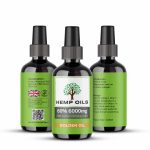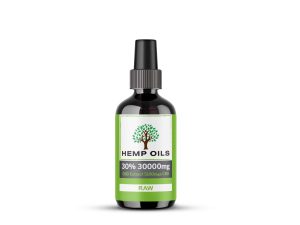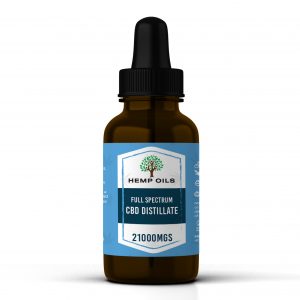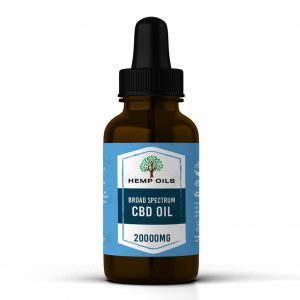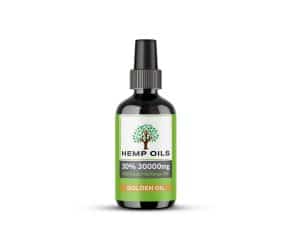Hemp oil has gained popularity in recent years for its potential therapeutic benefits. From managing anxiety to reducing inflammation, this natural remedy has become a go-to option for many individuals. However, one common question that arises is how long it takes for hemp oil to work. The timeframe for hemp oil to take effect can vary depending on several factors, including its bioavailability and individual response. In this article, we will delve into these factors, explore the variability in response time, and provide expert insights on what to expect regarding the duration of hemp oil efficacy.
Factors Affecting the Timeframe for Hemp Oil to Take Effect
Several factors can influence how long it takes for hemp oil to work. Firstly, the method of consumption plays a crucial role. If you ingest hemp oil orally, it needs to pass through your digestive system before reaching the bloodstream, which can take anywhere from 30 minutes to 2 hours. On the other hand, sublingual consumption, where the oil is placed under the tongue, allows for quicker absorption into the bloodstream, resulting in a faster onset of effects.
Another factor to consider is the concentration of cannabinoids in the hemp oil. Higher concentrations may result in more pronounced effects and a faster onset of action. Additionally, individual metabolism and body weight can impact the timeframe. Individuals with faster metabolisms may experience the effects of hemp oil sooner than those with slower metabolisms. Similarly, individuals with lower body weights may require less hemp oil to achieve the desired effects.
Understanding the Bioavailability of Hemp Oil for Optimal Results
Bioavailability refers to the amount of hemp oil that enters the bloodstream and produces its intended effects. Hemp oil, like many other substances, undergoes a process called "first-pass metabolism" in the liver, where some of the cannabinoids are broken down before reaching systemic circulation. This process can result in a loss of potency and a delayed onset of action. Opting for sublingual consumption or other methods that bypass the liver can increase the bioavailability, leading to a quicker and more potent response.
Furthermore, the presence of fat can enhance the bioavailability of hemp oil. Cannabinoids are lipophilic, meaning they dissolve in fat. Consuming hemp oil with a high-fat meal can improve its absorption and increase the likelihood of experiencing its effects sooner. However, it’s important to note that while this can expedite the onset, it may also prolong the duration of action.
Exploring the Variability in Response Time to Hemp Oil Usage
It is imperative to acknowledge that the timeframe for hemp oil to take effect can vary significantly from person to person. Factors such as individual tolerance, overall health, and the severity of the condition being treated can all impact the response time. Some individuals may experience the effects of hemp oil within minutes, while others may need to wait several days or even weeks before noticing any changes. It is crucial to be patient and allow the hemp oil enough time to interact with the body’s endocannabinoid system.
Moreover, it is worth mentioning that hemp oil’s effects may be more subtle and gradual compared to other medications or substances. While some people may expect immediate relief, hemp oil’s therapeutic benefits often build up slowly over time. Therefore, consistency and regular usage may be key to achieving the desired outcomes.
Expert Insights: What to Expect Regarding the Duration of Hemp Oil Efficacy
According to experts in the field, the duration of hemp oil efficacy can vary based on individual factors and the specific product being used. On average, the effects of hemp oil can last anywhere from 2 to 6 hours. However, for individuals using hemp oil for chronic conditions, the benefits may be more long-lasting, with effects potentially lasting up to 24 hours or longer.
It is essential to note that the dosage and frequency of hemp oil usage can also influence the duration of its efficacy. Finding the optimal dosage and sticking to a consistent routine can help maintain a steady level of cannabinoids in the body, leading to prolonged therapeutic effects.
In conclusion, the timeframe for hemp oil to take effect can be influenced by various factors, including the method of consumption, concentration of cannabinoids, individual metabolism, and body weight. Understanding the bioavailability of hemp oil and its potential interactions with fat can optimize its effectiveness. However, it is important to recognize the variability in response time among individuals and to be patient while allowing the hemp oil enough time to produce the desired effects. Consulting with experts and finding the right dosage and frequency of usage can contribute to the duration of hemp oil efficacy. With proper understanding and realistic expectations, hemp oil can be a valuable addition to one’s holistic wellness routine.
